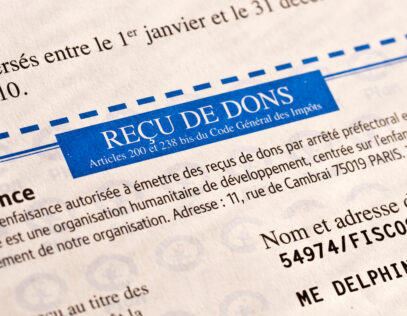Following the OECD’s introduction of the Local File / Master File back in 2015 as part of its Base Erosion and Profit Shifting (BEPS) project, many countries introduced the requirement for multinational companies to prepare and maintain local transfer pricing documentation. Currently, only a limited number of countries do not require transfer pricing documentation. Until 2022, the United Arab Emirates (UAE) was one of the countries that did not require local companies to prepare and maintain local transfer pricing documentation. The UAE, however, has now also introduced new transfer pricing rules as part of its Corporate Tax Law.
As part of the wider new corporate tax regime based on which companies will be subject to a headline tax rate of 9%, companies now also need to prepare and maintain local transfer pricing documentation as well as a master file. The new transfer pricing rules aim to align the UAE’s tax system with international standards and ensure that transactions between related parties are conducted at arm’s length. In essence, the UAE adopted the OECD’s transfer pricing guidelines including the requirement to prepare a local file based on BEPS Action 13’s template.
According to Ministerial Decision No. 97 of 2023, issued on May 11, 2023, certain companies will be required to maintain transfer pricing documentation, consisting of a master file and a local file. The transfer pricing documentation must be submitted to the Federal Tax Authority (FTA) within 30 days upon request.
The transfer pricing documentation requirement applies to businesses that meet the following conditions:
- The company is a part of of a multinational enterprise with annual consolidated group revenues exceeding AED 3.15 billion; and
- The company’s revenues exceed AED 200 million in the relevant tax period.
Specific guidance is provided on which transactions/arrangements fall within the scope of the transfer pricing documentation.
The transfer pricing documentation must include information on the business’s organizational structure, business activities, financial performance, transactions with related parties, and TP policies and methods.
The new UAE transfer pricing rules also require companies to submit a transfer pricing disclosure form as part of their annual corporate tax return. This disclosure form will contain (summarized) information on the transactions and arrangements with related parties and connected persons. The new transfer pricing documentation rules are effective for financial years beginning on or after June 1, 2023. So, for companies that have a financial year equal to the calendar year, the requirements will apply as from FY 2024. Businesses that fail to comply with the transfer pricing rules may face penalties ranging from AED 10,000 to AED 100,000.
The UAE is also known for its “free zone” tax regime whereby companies that meet certain requirements benefit from a 0% corporate tax rate. Under the new corporate tax regime, a qualifying free-zone person is still able to benefit from the 0% tax rate. However, the new transfer pricing documentation rules also apply to companies that benefit from the free-zone regime and thus those companies will still need to prepare and maintain transfer pricing documentation demonstrating that intercompany transactions meet the arm’s length standard.
The introduction of the transfer pricing rules is a significant development for the UAE tax system and reflects the UAE’s commitment to implementing the BEPS initiative. Businesses operating in the UAE should review their intercompany transactions and ensure that they have adequate transfer pricing documentation in place.







